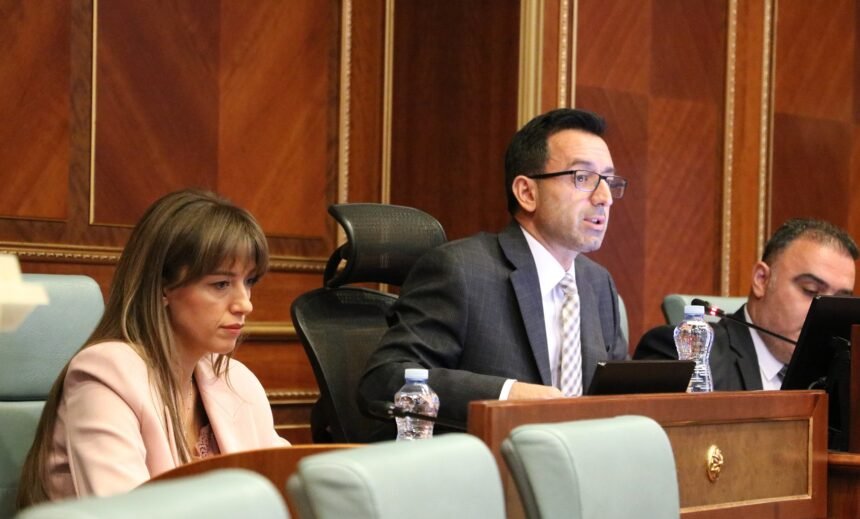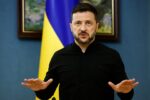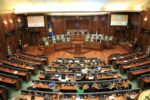The Kosovo Assembly, through an official statement quoting Speaker Dimal Basha, has declared the constituent session closed, despite the failure to elect the Deputy Speaker from the Serb non-majority community.
In the official statement, Basha confirmed that all options for electing the fifth Deputy Speaker, representing the Serb community, have been exhausted.
He reminded that none of the candidates for Deputy Speaker were elected, noting that eight candidates failed to secure the necessary votes in repeated attempts, while two candidates declined their nominations.
“As the Assembly, we have no further options regarding the Deputy Speaker from the Serb non-majority community. Therefore, I consider that we have exhausted the fourth item of the agenda of the constituent session. Since there is no objective way forward, this session is considered concluded,” Basha stated.
Basha also emphasized that in the interest of functionalizing the Assembly and implementing the results of the February 9 elections, the absence of one out of five Deputy Speakers or one out of six Presidency members should not block the institutional process.
He has scheduled the first meeting of the Presidency for Monday, September 1, at 13:00 in Hall C 301.
Opposition Criticism
The Democratic League of Kosovo (LDK) strongly criticized the move, stressing that the Constitution, Assembly Rules of Procedure, and Constitutional Court rulings clearly define the procedures and requirements for the Assembly’s constitution.
According to the LDK, any attempt to interpret or bypass these provisions constitutes a violation of the constitutional order and undermines democratic principles.
The Democratic Party of Kosovo (PDK) also reiterated that the Assembly cannot be considered fully constituted without the election of all five Deputy Speakers.
Meanwhile, Eugen Cakolli from the Kosovo Democratic Institute (KDI) said the constituent session cannot be closed without completing the election process.
“As a result, there can be no materialization of anything – no development of procedures, no exercise of parliamentary functions, and no constitutional deadlines running,” Cakolli warned.
According to him, the current deadlock can only be resolved by the Constitutional Court – either by confirming the failure of the constitution process within the 30-day deadline or by declaring the procedure invalid and requiring a repeat of the voting process.







